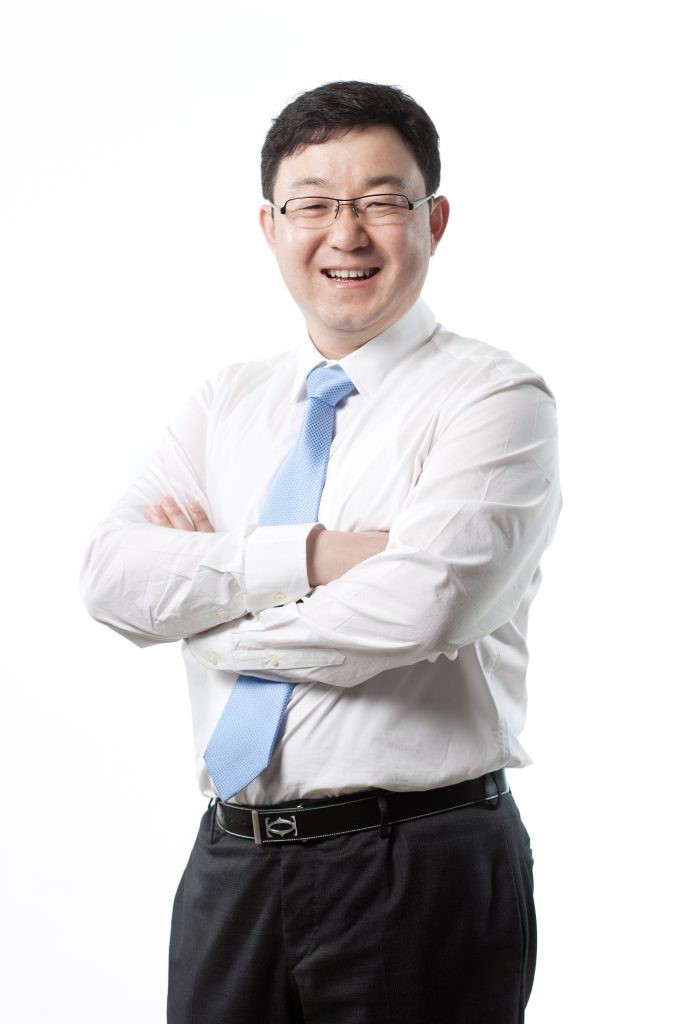Department News
[February Lab Interview] Professor Jeon, Noo Li - Multiscale Bioengineering Laboratory
Author
김민아
Date
2024-06-18
Views
747

Interview with Professor Jeon, Noo Li's Lab
Q1. Please briefly introduce the lab and research field.
Hello, we are the Multiscale Bioengineering Laboratory under the guidance of Professor Jeon, Noo Li. Our lab specializes in organ-on-a-chip technology, which may be unfamiliar to some, but its importance and innovation are significant. Organ-on-a-chip technology focuses on designing and developing microfluidic devices that mimic human organ functions, reproducing the physiological and pathological responses of human organs in an ex vivo environment. This provides innovative approaches for drug development, disease research, and personalized medicine, requiring diverse perspectives and a broad vision at the intersection of engineering and medicine.
Q2. Please briefly introduce the representative recent or ongoing research.
Our lab focuses on three main research areas: organ-on-a-chip structure design, data analysis, and in vitro modeling.
In the organ-on-a-chip structure design field, we are moving beyond traditional PDMS platforms to new designs using injection molding and 3D printing technologies. We focus on developing platforms that implement suspended capillary flow, dynamics of capillary flow, and spontaneous capillary flow based on Gibbs free energy expression. By researching open lattice structures using the Young-Laplace equation, we are developing innovative platforms that can mimic complex biological structures.
In the data analysis field, we are working on effectively analyzing and utilizing the vast amount of image data obtained from organ-on-a-chip devices. This includes research on CNN-based image generation neural networks, quantitative data analysis through pattern recognition, and various protein analyses. These studies contribute to improving the accuracy and efficiency of organ-on-a-chip technology, enabling new discoveries and understanding in the field of life sciences and its convergence with other fields.
In the field of in vitro modeling, we aim to closely replicate the physiological and pathological environments of human organs within the organ-on-a-chip. We focus on constructing tumor microenvironments and immune microenvironments, researching methods for co-culturing various cells or setting specific conditions within the chip. This is crucial for cancer research and immune response studies.
Our Multiscale Bioengineering Laboratory conducts innovative research in these diverse areas, creating new knowledge and technologies that transcend the boundaries of engineering and medicine.
Q3. Please tell us what was the most challenging aspect of your research and how you overcame it.
When it comes to structural design, which is at the heart of organ chip research, this field requires knowledge across various disciplines. From an engineering perspective, precisely designing and manufacturing microfluidic devices and selecting biocompatible materials pose significant challenges. From a medical perspective, accurately mimicking the complex 3D structures and functions of human organs is a major challenge. These challenges provide considerable difficulties during research. Additionally, as this research field is still in its early stages, we often have to solve many problems independently.
To overcome these challenges, our lab places great importance on teamwork and collaboration. By forming a multidisciplinary team of experts ranging from engineers to biologists, everyone shares their expertise and solves problems together. This fusion allows us to overcome research limitations. Also, we never neglect continuous education and learning. All researchers continually learn about related fields beyond their areas of expertise, and I also approach the latest trends and basic knowledge in the medical field with an open mind.
Because organ chip research is relatively lacking in existing established technologies or research data, we constantly face difficulties during the research process. Overcoming them with the research team provides a great sense of accomplishment as we pioneer this field.
Q4. Introduce any special devices or facilities you have in your lab.
We have equipment necessary for microfluidic chip fabrication and various devices for cell experiment analysis. We aim to advance patterning and sample processing by setting up the NIMBUS Automated Liquid Handling system to fit our developed platform specifications. Additionally, besides fluorescent/confocal microscopes used for imaging 3D cell culture samples, we have the Celloger Mini Plus from Curiosis, which can be placed in an incubator to capture real-time fluorescence images, enabling efficient experiments. We also have several DLP-based 3D printers and electrospinning equipment for chip fabrication.
Q5. Is there anything else you would like to add?
We are conducting world-class research in the organ-on-a-chip field through collaborations with global pharmaceutical companies, NIH, FDA, and other international institutions. We are also pursuing the development of standard testing methods based on organ-on-a-chip technology. Our lab publishes papers in top academic journals, including Nature affiliates, leading the field with excellent research outcomes. We also participate in the largest individual projects provided by the research foundation, developing the world's first in vitro platform to simulate the immune-tumor microenvironment cycle, actively receiving research support, and growing as global leaders.
Professor Jeon, Noo Li emphasizes the importance of self-directed problem identification and resolution skills for doctoral students. Understanding the purpose and significance of research, planning experiments, and finding solutions independently when faced with difficulties are critical teachings for growing as a researcher.

